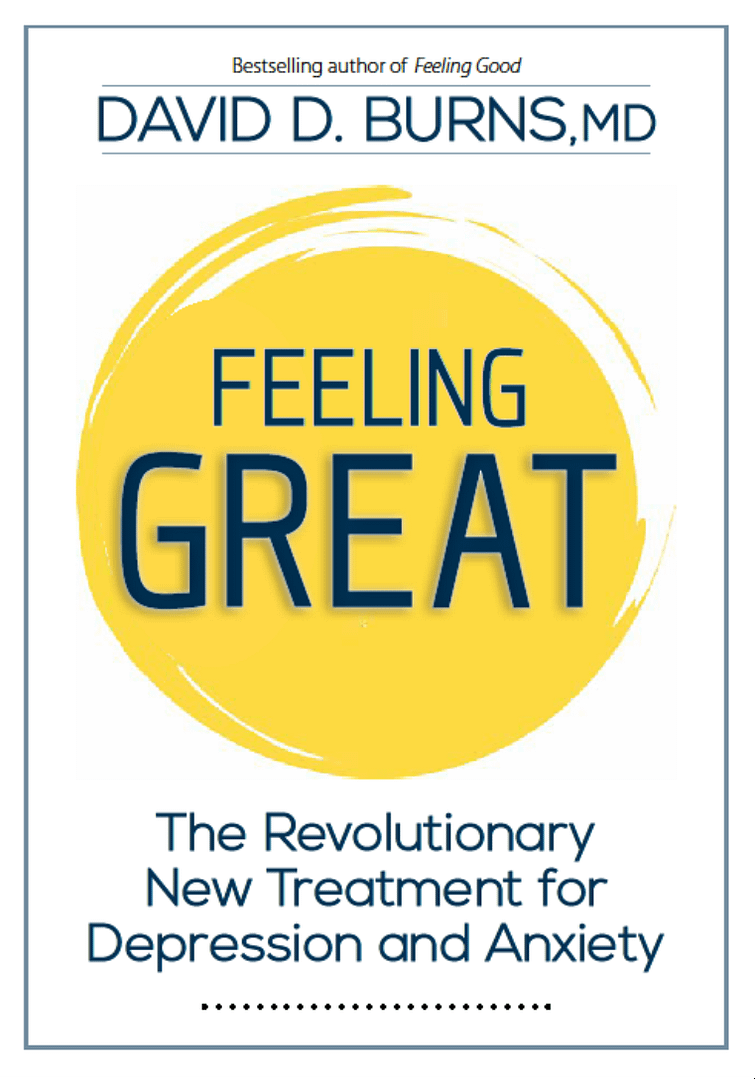Horrific World Events: Can TEAM-CBT Help Us?
Featuring Live work with Meina
Today, we see lots of horrific events, and violence and hatred seem to be on the upswing. There are the repeated and horrible mass shootings in the US, the horrific war in Ukraine, and the extensive protests that are rocking Iran. Those problems are real, and terrible in reality.
So, maybe the TEAM-CBT model, with its emphasis on our interpretations of reality, and our relationships with others, might seem like irrelevant and useless tools.
Or are they? Let’s check it out. Sometimes, as you’ll see, things can a take sudden and unexpected change in direction in TEAM-CBT if you follow the energy. There is no “formula” for treating anything. We treat humans, not diagnoses or problems. But we do go through the T, E, A, M model in a systematic way so we can find out what, if anything, each patient wants help with, and then design an individualized plan to make that happen, if possible.
Part 1
T = Testing
Today’s guest, whom we’ll call Meina for protection, migrated to Canada and then to the United States from her mother country, Iran, as a young woman, and she’s definitely upset about the brutal treatment and violence towards protesters by the Islamic Republic’s forces. In fact, her mood scores are among the most severe that I’ve seen recently. Her depression score of 15 out of 20 indicates severe depression, and her anxiety and anger scores of 19 and 20 out of 20 indicates extreme anxiety and anger.
You can see Meina’s Daily Mood Log at the start of the session as well, with nine categories—depression, anxiety, guilt, loneliness, humiliation, hopelessness, frustration and hatred all estimated between 90 and 100 out of 100, again confirming the most extreme upset a human being can experience.
As you might expect, her happiness score was 0 out of 20, indicating no happiness at all, and her Relationship Satisfaction Scale score, thinking of her husband, was only 19 out of 30, indicating considerable marital distress.
What’s causing those feelings? Well, let’s take a look at her negative thoughts and how strongly she believes them:
-
I’ll always suffer because of being born in Iran: 90%
-
My heart will stop from feeling so much hatred. 80%
-
There’s nothing I can do to help (the women who are protesting.) 100%
-
It is pathetic that I can’t stop feeling so angry. 90%
-
I’m going to get sick because of these feelings. 90%
-
Many young women will be tortured and killed. 100%
-
I’m going to lose all my friends because I’m so angry. 70%
-
My marriage will also be negatively impacted. 100%



